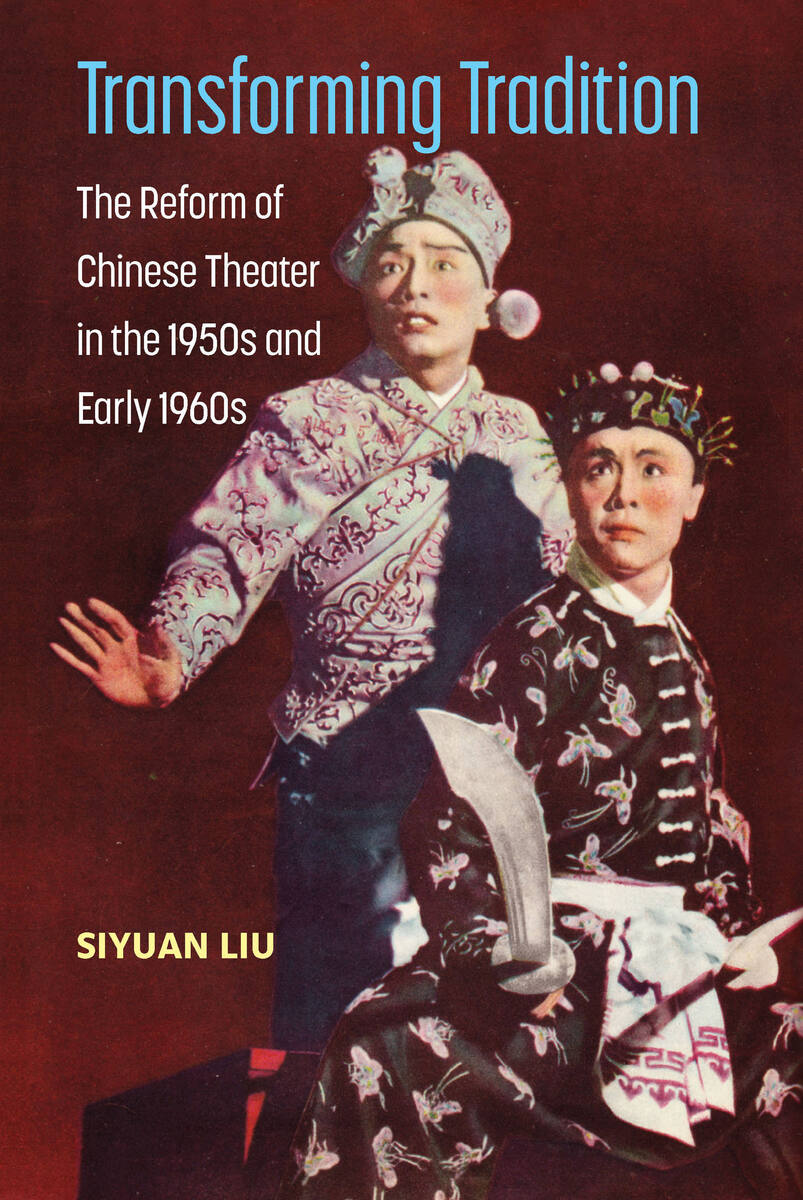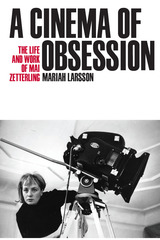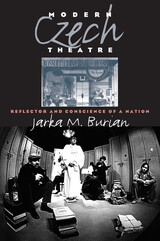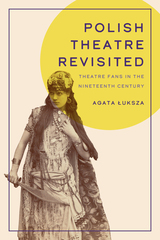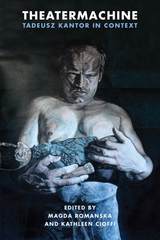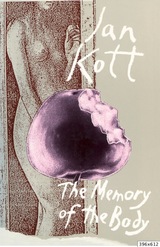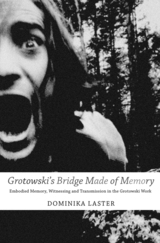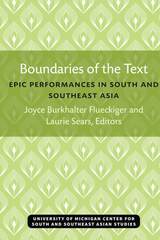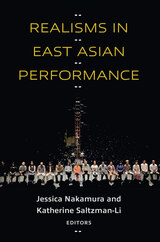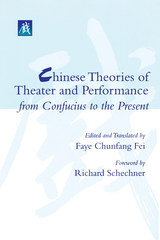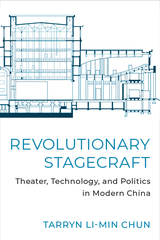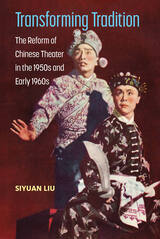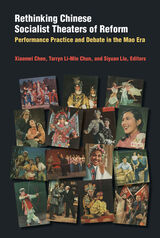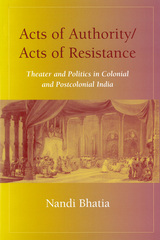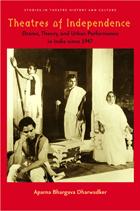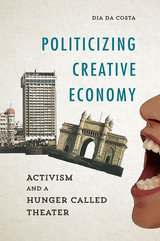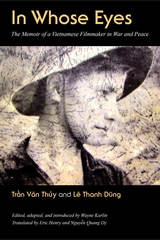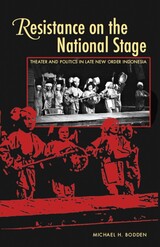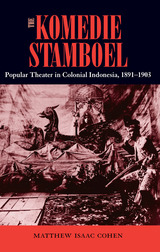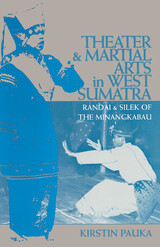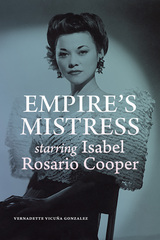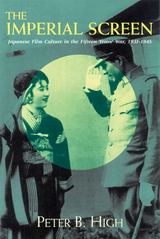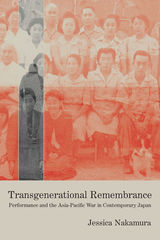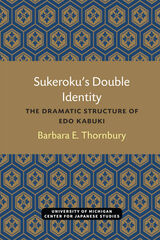“Provides a powerful sense of the breadth and depth of the damage done to traditional Chinese theater by efforts to modernize and control them . . . Liu has researched an impressive range of primary sources from the 1950s and 1960s that have never previously been referenced in English language research. He has also drawn on all the major Chinese and English language secondary works in the field, as well as conducting his own interviews with practitioners in Chinese theater.”
—Rosemary Roberts, University of Queensland
— Rosemary Roberts
“Scholars of Chinese theater have been eagerly anticipating this book, which makes a very important contribution to our understanding of a variety of issues related to theater and theater reform (and cultural reform more broadly) in the high socialist period.”
—Maggie Greene, Montana State University
— Maggie Greene
“Scholars of Chinese theater have been eagerly anticipating this book, which makes a very important contribution to our understanding of a variety of issues related to theater and theater reform (and cultural reform more broadly) in the high socialist period.”
—Maggie Greene, Montana State University
— Maggie Greene
"What is striking about this volume—which details the transformation of Chinese theater that started before the Communists took charge and continues still—is that it serves as the perfect template for all the revisions and changes that have occurred in the arts in China. Liu’s account of this radical reform is detailed and impressive. Recommended."
—CHOICE
— CHOICE
"This book is invaluable because it not only enriches scholarly understanding of Chinese socialist theatre, but explains the decline of xiqu by offering the missing link between the prosperous Republican era and the radical model plays of the Cultural Revolution. This book is a must-read for students and scholars of Chinese theatre or modern Chinese history."
— Wei Feng, Theatre Journal
Siyuan Liu’s volume Transforming Tradition is a monumental study tracing the origin and development of the CCP-led xiqu reform campaign during the high socialist period. As Liu’s thorough and impeccably researched analysis shows, this largely top-down reform process resulted, within a relatively short time span of seventeen years, in a radical alteration of the nature of classical Chinese theater’s dramaturgies and performance methods as well as in mutilating what he terms “xiqu’s entire ecosystem” (329). The book provides a comprehensive documentary history of this phenomenon, which Liu interprets through a multifarious theoretical framework combining concepts of historicism, gentrification, and colonial modernity with “additional influences from Marxist materialism and the Soviet Union” (18). — Letizia Fusini, Modern Chinese Literature and Culture
"...with Transforming Tradition Liu has brought us once again a tour de force of thoroughly committed, deeply multilayered, impeccably researched scholarship. His research continues to set the standard for historical studies of theater and the arts in modern China."
—The PRC History Review
— The PRC History Review
"Transforming Tradition offers an excellent example of how a study of theatre history can include examinations of both textual products and the practitioner’s voice and body, and how such appraisals can effectively enhance each other. ...Transforming Tradition is a must-read for educators, researchers, students, and general readers who are interested in Chinese theatre history, Chinese cultural studies, theatre historiography, and the interplay between art and politics."
—Contemporary Theatre Review
— Contemporary Theatre Review
“Provides a powerful sense of the breadth and depth of the damage done to traditional Chinese theater by efforts to modernize and control them . . . Liu has researched an impressive range of primary sources from the 1950s and 1960s that have never previously been referenced in English language research. He has also drawn on all the major Chinese and English language secondary works in the field, as well as conducting his own interviews with practitioners in Chinese theater.”
—Rosemary Roberts, University of Queensland
— Rosemary Roberts
"Although the nuancing of vocabulary should serve as a model for all scholars writing on Chinese theatre in English, Liu’s book also has a quality far too rarely visible in academic publishing: passion. ...it serves as a model of how to write an engaging theatre history that involves both art and politics in equal measure."
—Theatre Survey
— Theatre Survey
